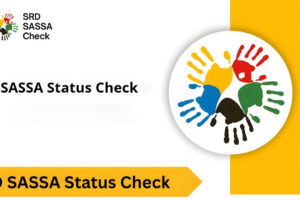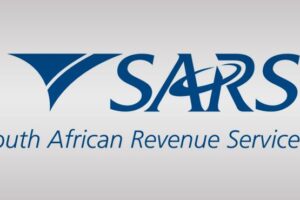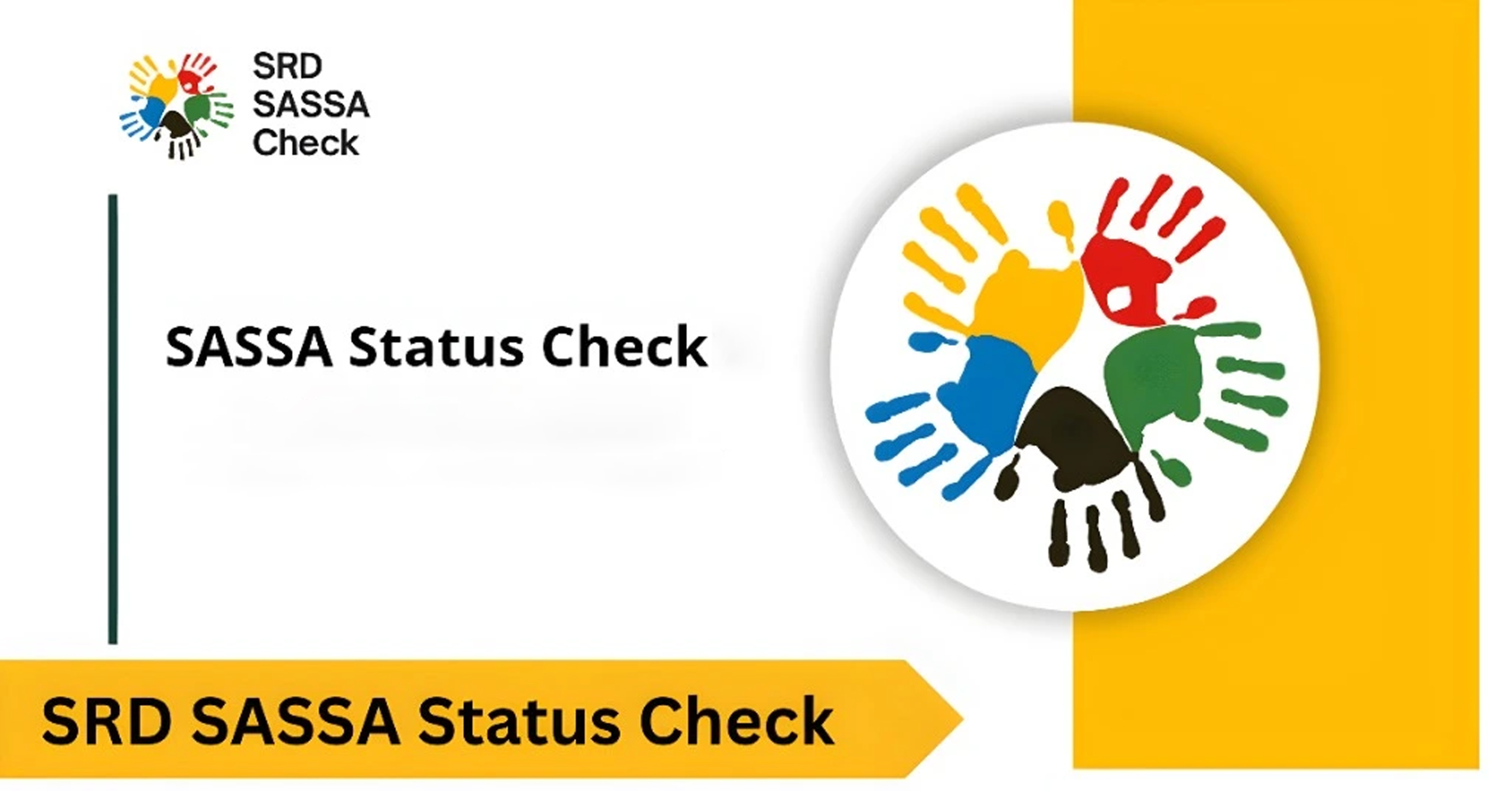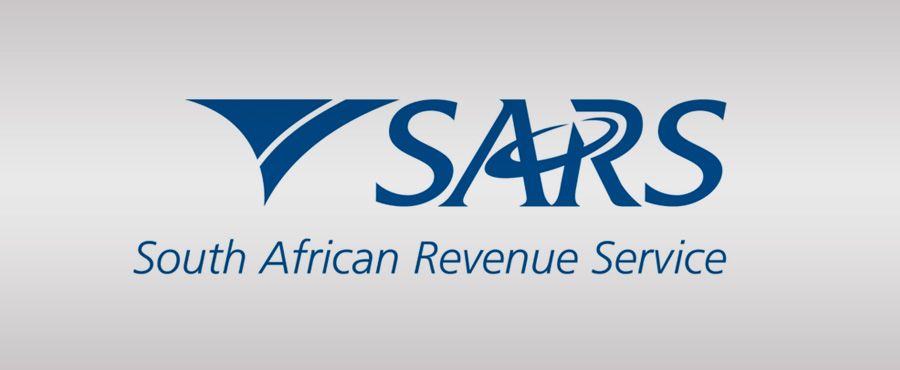In a bold step to align education with global economic trends and foster international collaboration, the Gauteng Department of Education (GDE) has introduced Mandarin language education in select public schools. This initiative, part of the Multi-Certification Skills Programme (MCSP), reflects the province’s broader vision of preparing South African learners for opportunities beyond national borders.
Five Gauteng schools are currently participating in this pilot programme, offered in partnership with the Confucius Institute, including the Katlehong Engineering School of Specialisation (SoS), Curtis Nkondlo Maths SoS, Raymond Mhlaba Maths SoS, Soshanguve Engineering SoS, and Waterkloof Primary School.
🌍 Bridging Cultures and Opening Doors
The MCSP aims to provide learners with industry-aligned skills and certifications from Grade R through to Grade 12. The introduction of Mandarin enhances this offering by equipping learners with one of the world’s most spoken languages widely used in global business, technology, and diplomacy.
Global Certification and Scholarships
Under the programme, learners take part in Hanyu Shuiping Kaoshi (HSK) Mandarin proficiency exams. Those who pass the Level 1 exam qualify for a fully-funded scholarship to any university in China, covering tuition, flights, and living costs.
The Confucius Institute has pledged to deploy 10 additional Mandarin tutors to Gauteng schools starting in August, signalling the expansion of the initiative.
Honouring Tata’s Vision
The GDE says the programme is inspired by former President Nelson Mandela’s vision of empowering young people through access to quality education and global opportunities.
“When we prepare learners to connect with the world, we honour Tata’s vision of peace, partnership, and prosperity,” the Department said in a statement.
Why Mandarin Matters
As China remains South Africa’s largest trading partner, fluency in Mandarin offers real-world value. From logistics and engineering to diplomacy and education, South African youth are gaining a foothold in global industries where Mandarin is an asset.
This initiative also aligns with the Department of Basic Education’s broader language policy, which encourages multilingualism and the inclusion of non-African languages that have high economic or diplomatic relevance.











